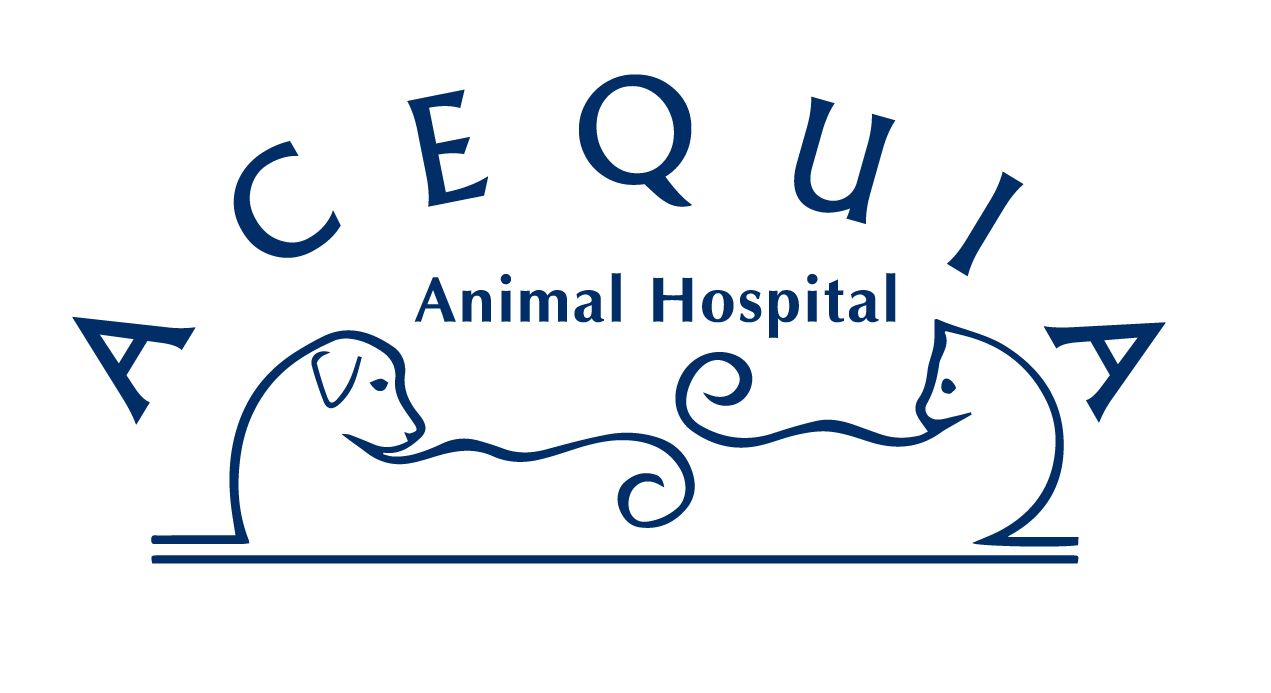As devoted pet caregivers, we are steadfast in shielding our four-legged companions from harm. Despite our unwavering diligence, everyday household items can pose significant health threats to our beloved animals. Pets, with their innate curiosity, may inadvertently expose themselves to danger, especially by ingesting potentially toxic substances. This blog aims to shed light on prevalent toxins that pets may encounter and equip you with the knowledge to avert accidental poisonings.
1. Human Medications: Among the primary causes of pet poisoning is the ingestion of human medications. Dogs, in particular, may chew on pill containers or ingest pills found on the floor. Pain relievers, antidepressants, and blood pressure medications can be especially hazardous. Always store medications out of reach and consult your veterinarian before administering any medicine to your pet.
2. Toxic Foods: Several foods deemed safe for humans can be perilous for pets. Chocolate, grapes, raisins, onions, garlic, and xylitol (a sugar substitute) are among the culprits that can lead to severe health complications in animals. Securely store these foods away from prying paws and never feed them to your pets.
3. Household Cleaners: Cleaning products often contain chemicals harmful to pets. Ingestion or inhalation of these substances can result in gastrointestinal distress, respiratory issues, and more. Exercise caution when using these products and opt for pet-safe cleaners when possible.
4. Rodenticides and Insecticides: While effective at eliminating pests, rodent and insect poisons can prove equally lethal to our pets. Exposure to these toxins can lead to severe symptoms and even fatalities. Use these products cautiously and explore pet-friendly pest control alternatives.
5. Plants: Many common houseplants and garden varieties are toxic to pets. Lilies, sago palms, and azaleas are just a few examples. Research the plants in your home and garden to ensure they pose no threat to your pets. If uncertain, keep potentially harmful plants out of reach or avoid them altogether.
6. Antifreeze: Ethylene glycol, found in antifreeze, has a sweet taste that may attract pets. Even a small amount can induce rapid kidney failure and death, especially in cats. Promptly clean up spills and store antifreeze in tightly sealed containers out of pets’ reach.
7. Alcohol and Recreational Drugs: Alcohol and recreational drugs can have grave consequences for your pet’s health. Central nervous system depression, respiratory difficulties, tremors, and even coma or death can result from exposure. Ensure these substances are inaccessible to your pets at all times.
Our pets entrust us with their safety and well-being. By familiarizing ourselves with common toxins and taking preventive measures, we can cultivate a safer environment for our furry companions. If you suspect your pet has ingested a toxic substance, swift action is imperative. Contact your veterinarian or the nearest animal hospital immediately for assistance. Remember, it’s better to err on the side of caution when it comes to your pets’ health. Keep your local vet’s number and that of an emergency animal hospital handy, and consider saving the Animal Poison Control Center’s contact information. Your vigilance could save your pet’s life.

